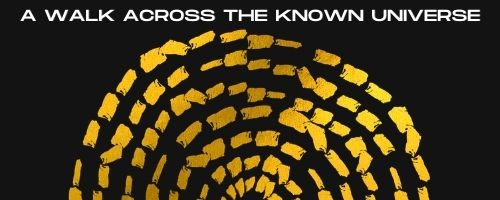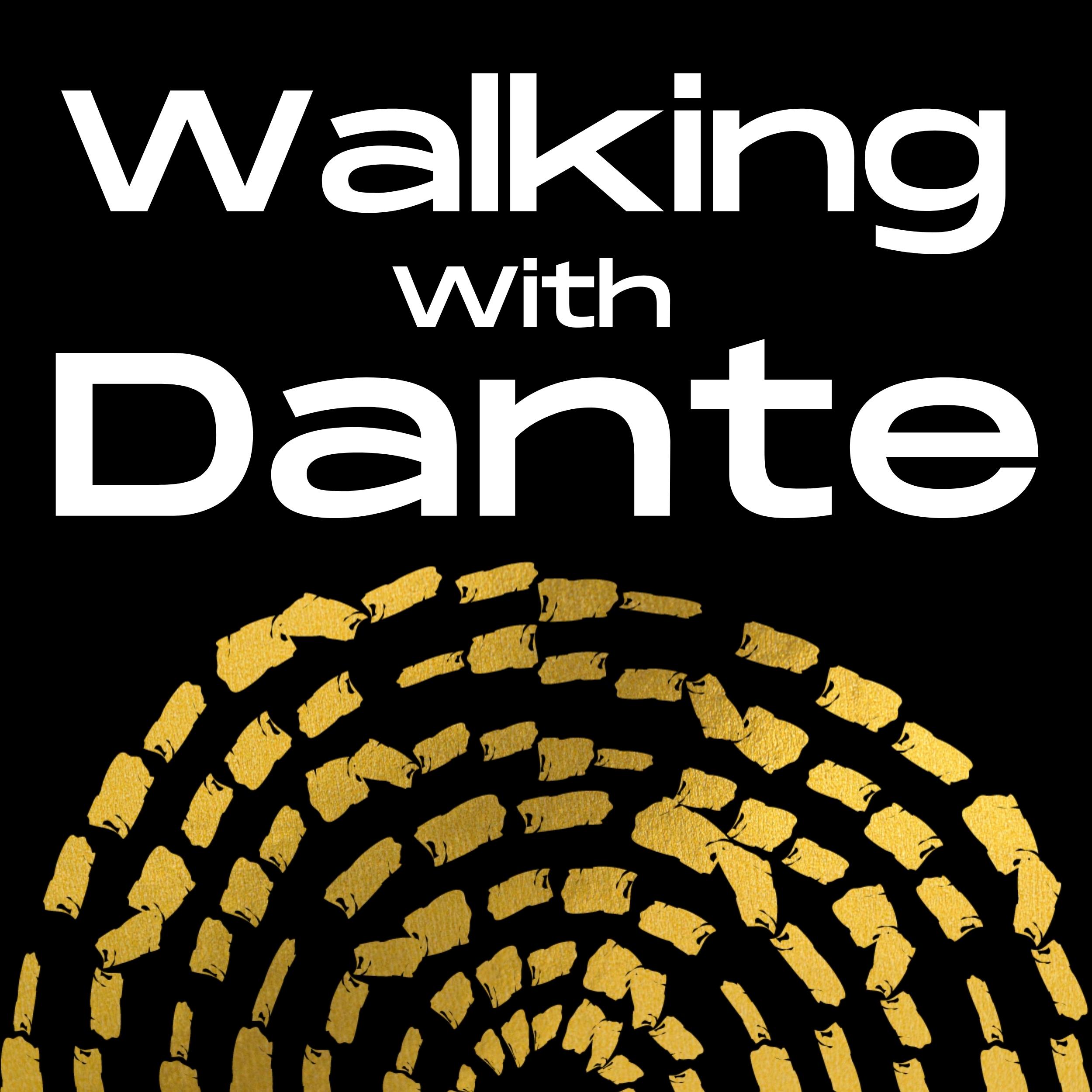Episode 230
INFERNO: Final Thoughts Without Firm Conclusions
We've come to the end of our slow-walk through INFERNO, the first third of Dante's masterpiece, COMEDY.
Join me, Mark Scarbrough, for some final thoughts on this overwhelming poem. No conclusions, really. Just some access points to help you think more about this incredible journey.
Here are the segments of this episode of WALKING WITH DANTE:
[01:28] One negative assessment: There are some awkward transition points in the poem.
[03:34] One possible explanation for those awkward points: Gothic juxtaposition.
[05:37] A second negative assessment: Some classical references appear to be a tad ornamental.
[07:52] But a possible answer to these rough patches: Dante sets up scenes before we encounter them.
[09:18] And INFERNO has begun to fold back in on itself by its end, making reference to its own poetic self.
[11:58] Dante is engaged in fantastic world-building.
[14:20] Dante offers a developmental hypothesis for both the pilgrim and the poet.
[17:20] Dante willingly breaks churchly orthodoxy in the service of a greater, more human orthodoxy.
[21:35] Dante democratizes the afterlife.


